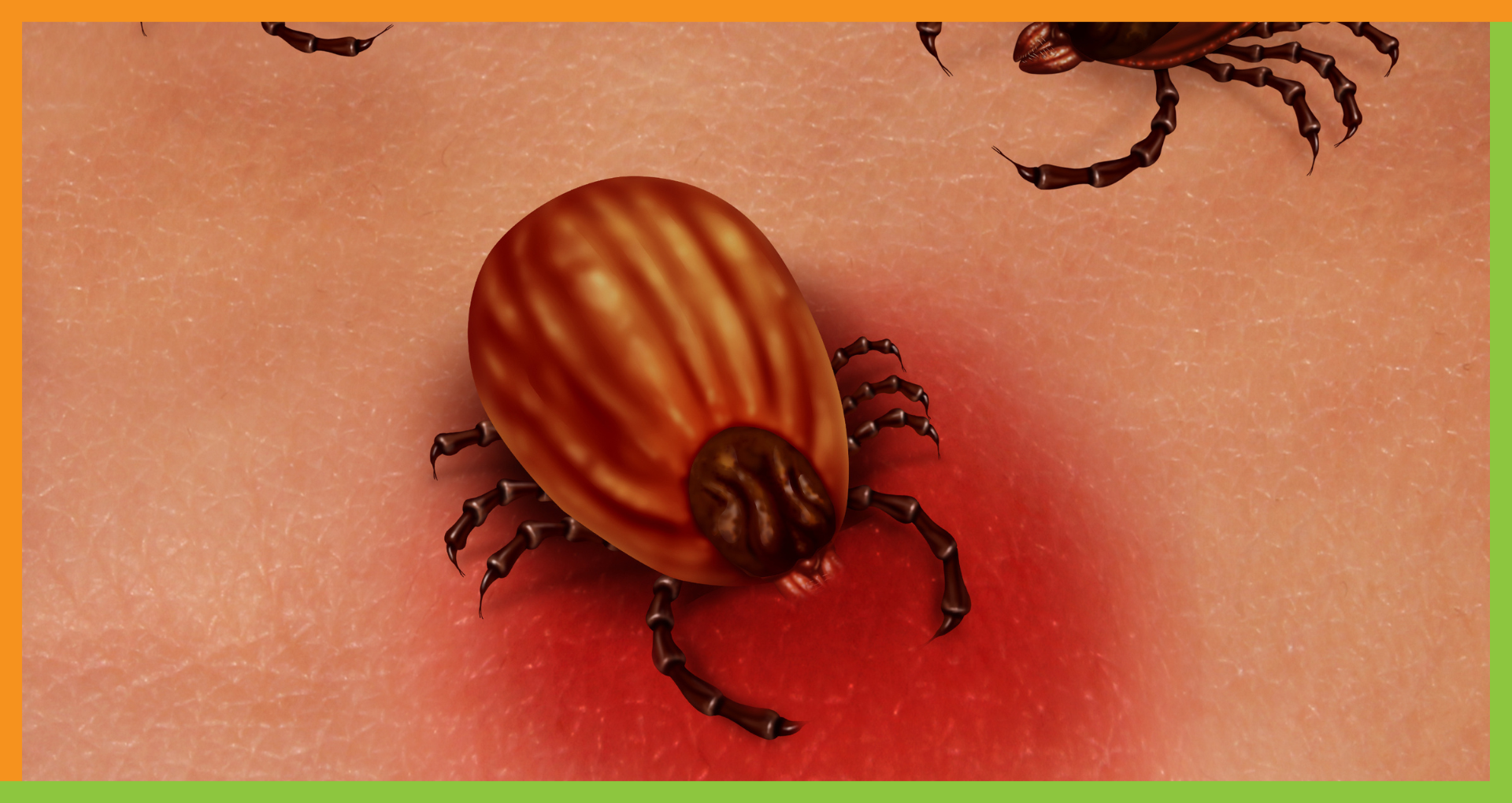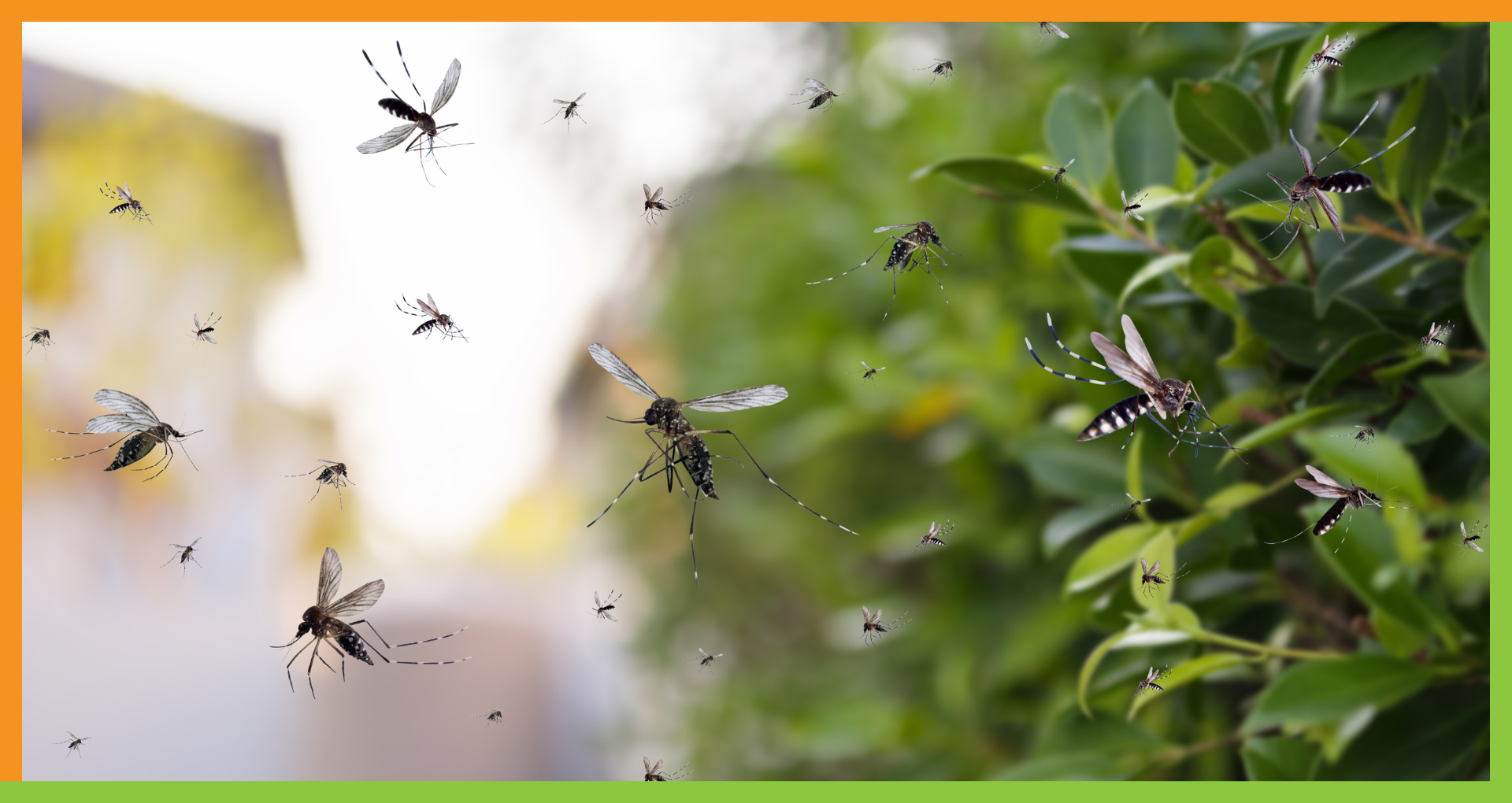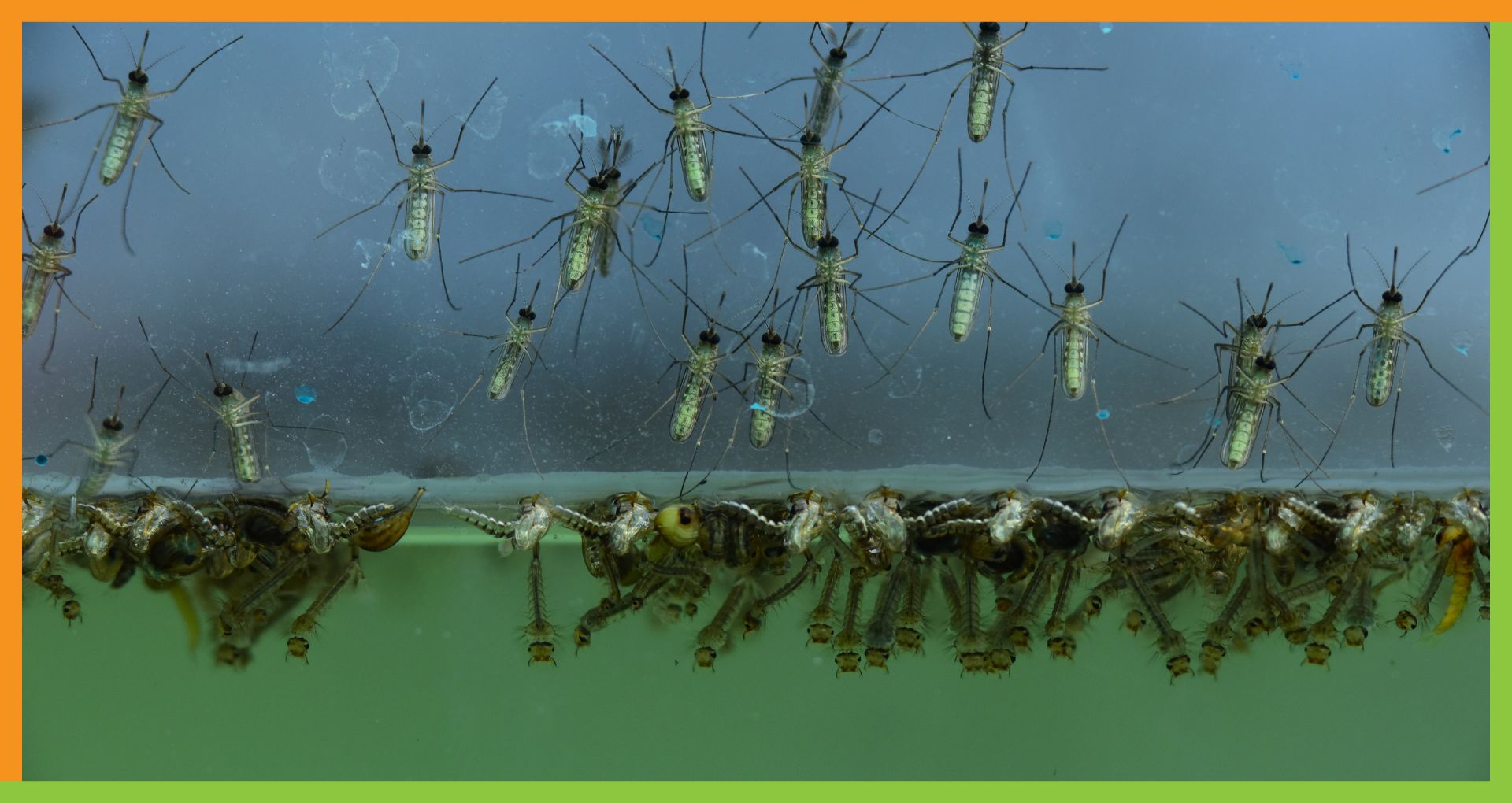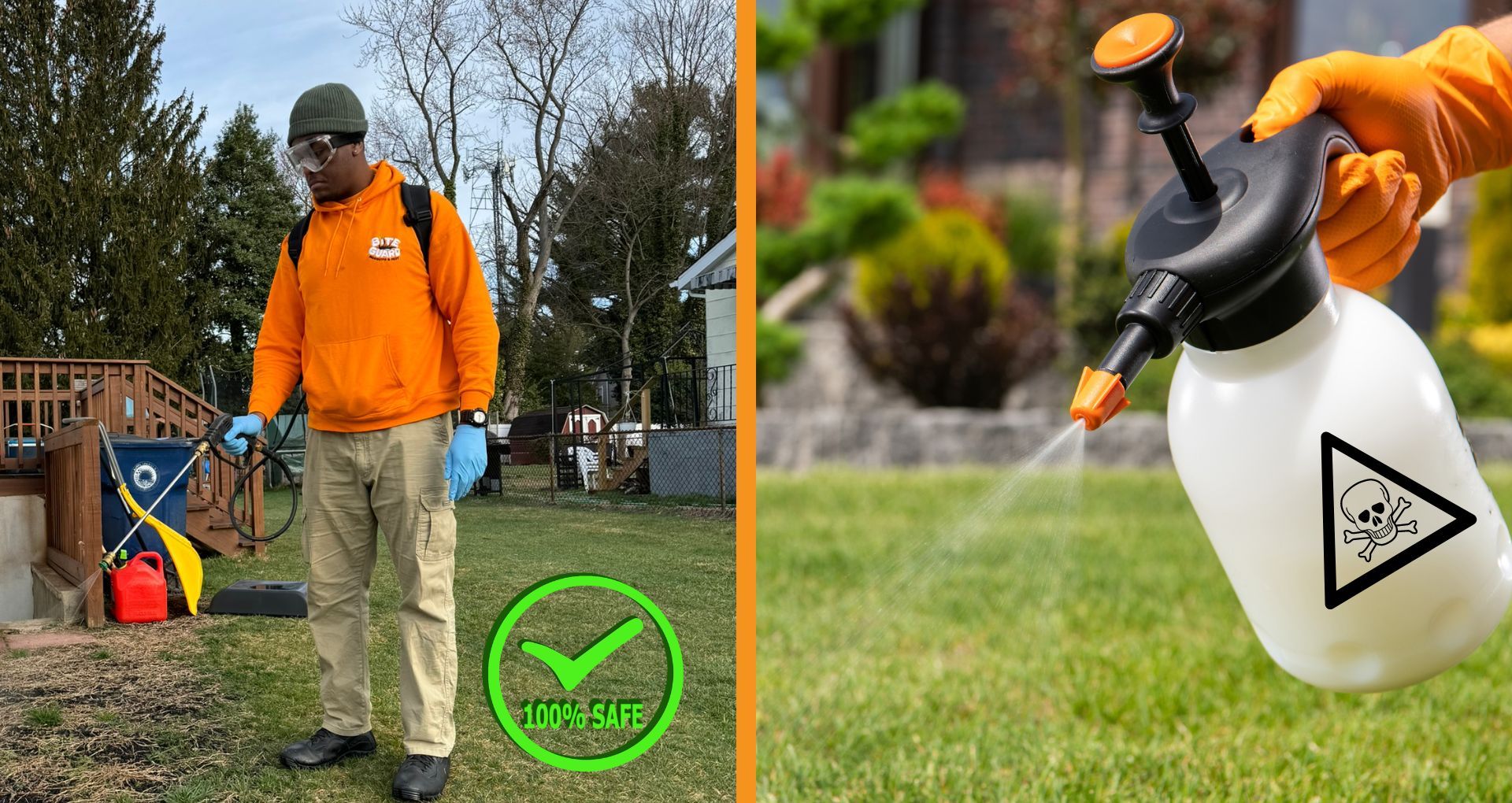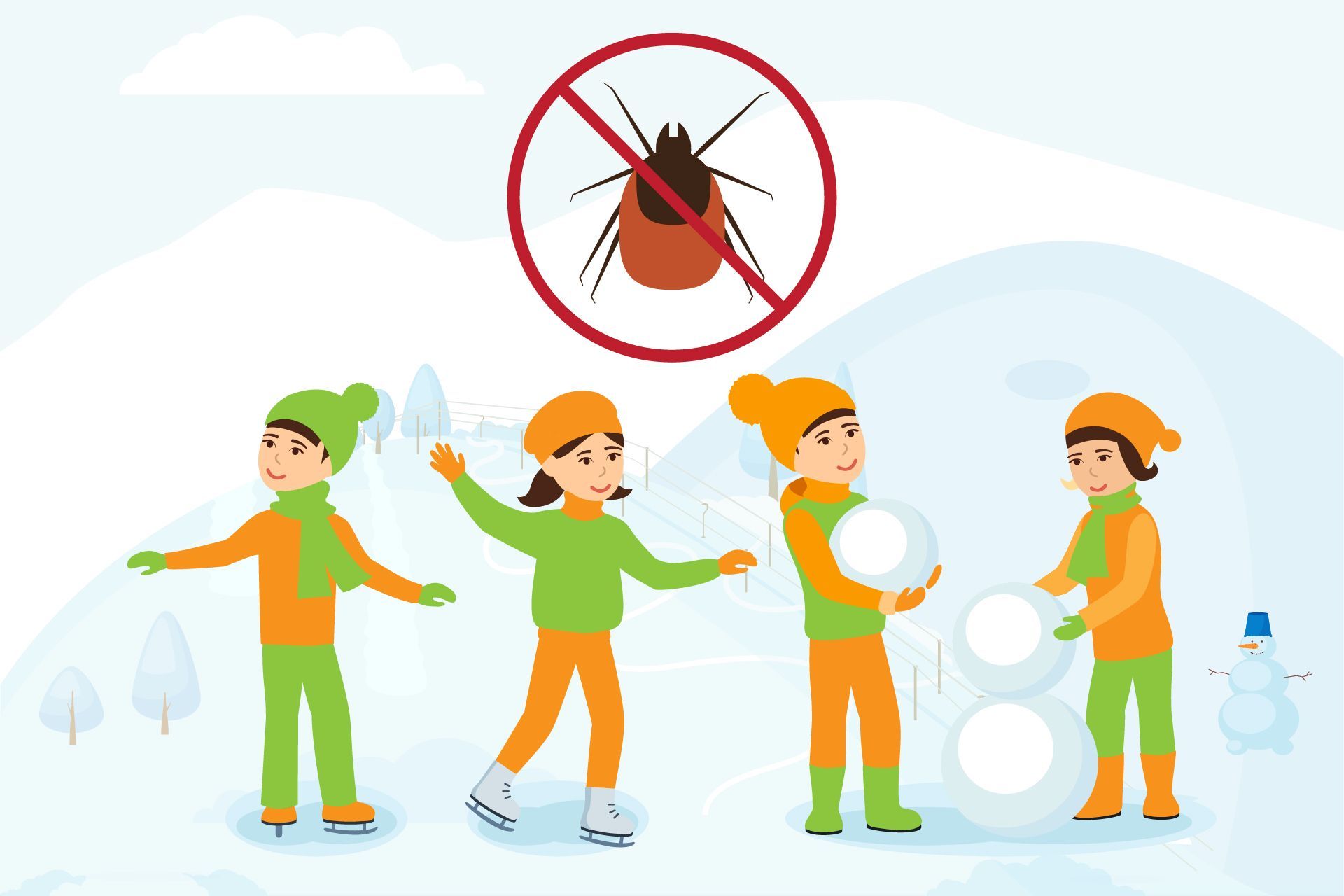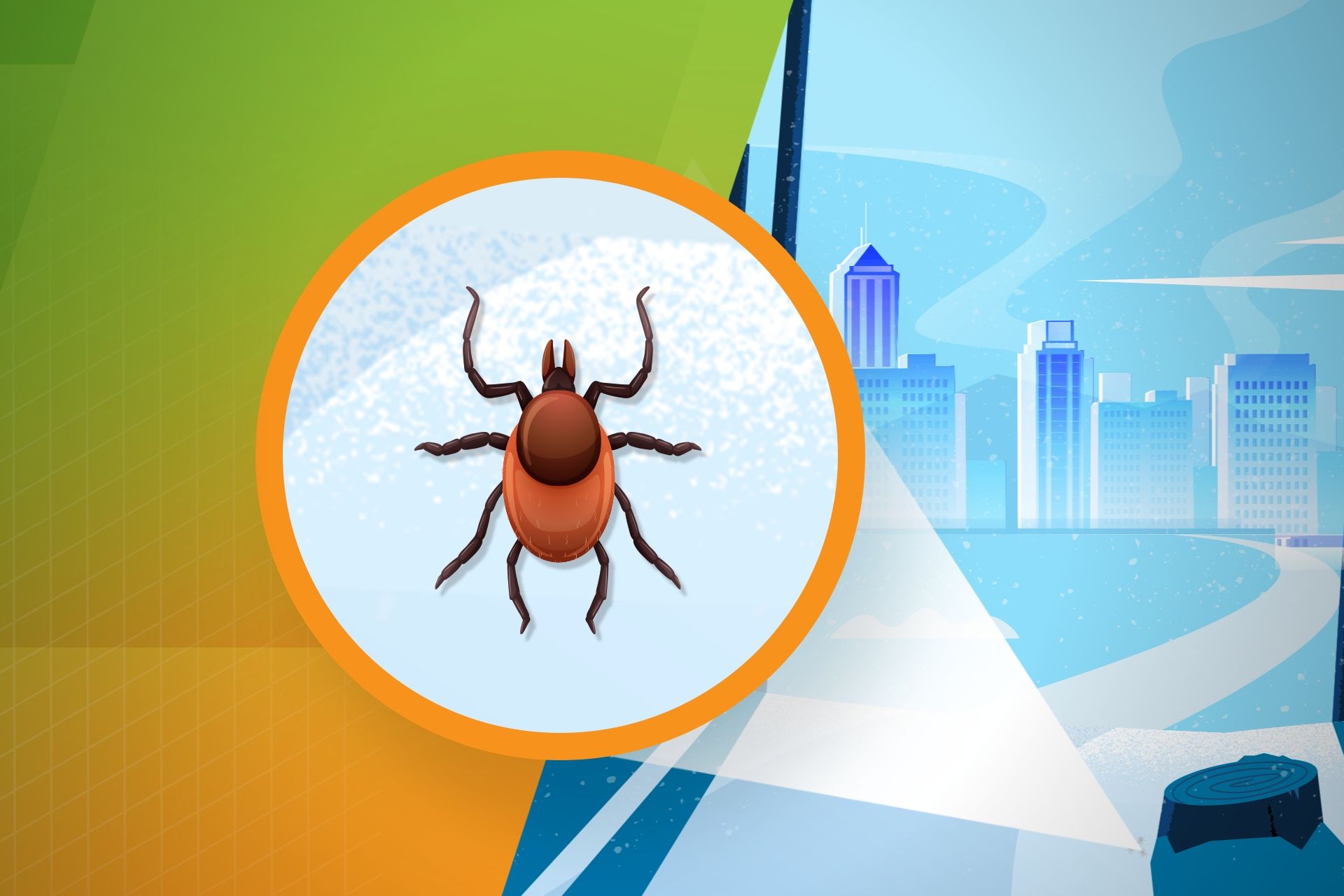Pet Owners’ Guide to Tick Prevention in Cherry Hill, NJ
Every pet owner knows the feeling: one moment you’re scratching your furry friend’s belly, and the next you've got the tweezers in hand, picking off every unwanted passenger you can find.
Do we even need to remind you what kind of “passengers” we’re talking about? Of course, it's the dreaded tick…
Ticks are a nuisance: they bite, they cause our animals to itch, and worst of all they carry harmful (and sometimes life altering) diseases to both pets and people. So, how can you protect your pets from ticks in Southern NJ? We have a few practical tips for you.
Understanding Ticks in Cherry Hill, NJ
But first, let's talk about the ticks in the Cherry Hill area.
Types of Ticks in Cherry Hill: The most common ticks in Cherry Hill include the Deer Tick (also known as the Black-legged Tick), the American Dog Tick, and the Lone Star Tick. Each of these species can transmit diseases and requires a different approach for control and prevention.
Life Cycle and Active Seasons: Ticks have four life stages: egg, larva, nymph, and adult. In Cherry Hill, ticks are most active from early spring through late fall, but warm winters can also allow them to remain active year-round. Understanding their active seasons helps in planning preventive measures effectively.
Preventative Measures for Pets
There is one thing that’s better than learning about ticks, and that's learning how to exterminate them. Or at least avoid them.
Here are a few ways you can keep ticks from hitching a ride on your pet.
Tick Prevention Products: Products such as spot-on treatments, tick collars, and oral medications can effectively prevent tick infestations. But keep in mind, it's always a good idea to consult your veterinarian to choose the safest and most effective option for your pet.
Regular Grooming and Vet Check-ups: Regular brushing and bathing not only helps you spot ticks before they become a problem but it also gives ticks less to grab onto and make a home in. It's basically like trying to limit the amount of good real estate on your pet. On top of that, annual check-ups at the vet can ensure that any signs of tick-borne diseases are caught early.
Yard Maintenance: Keep your yard trimmed and clear of excessive brush and leaf litter where ticks thrive. Consider planting tick-repellent plants like lavender, garlic, and rosemary around your property to help reduce tick populations.
Checking Your Pet for Ticks
It's essential to check your pets for ticks daily, especially after they've been outside. Focus on areas like the ears, neck, underarms, and between the toes. Use your fingers to feel for any small bumps on the skin.
Safe Removal and Disposal of Ticks
If you find a tick on your pet, use fine-tipped tweezers to grasp the tick as close to the skin's surface as possible. Pull upward with steady, even pressure. After removal, disinfect the bite area and wash your hands thoroughly. Dispose of the tick by submerging it in alcohol, placing it in a sealed bag/container, or flushing it down the toilet.
When to See a Veterinarian
Most of the time your pet will be just fine outside of some irritation. But sometimes a disease-carrying tick does its worst, and in that case it’s best to see a veterinarian ASAP. Watch for symptoms like excessive scratching, fever, fatigue, or swollen lymph nodes, which could indicate a tick-borne disease. If your pet shows any of these symptoms or if you are unsure about the tick removal process, consult your veterinarian immediately.
Your Takeaway
Preventing tick infestations is key to maintaining your pet's health in Southern NJ areas like Cherry Hill. By following these guidelines and consulting with your veterinarian, you can keep your pet safe and healthy year-round. Stay vigilant and proactive!
Sometimes the best way to protect your pets and your property from ticks is to hire a professional pest control service. At Bite Guard we ensure everybody and everything stays safe and healthy EXCEPT for unwanted pests. Give us a call! We’re here to help.
Frequently Asked Questions
Q: What should I do if I find a tick on my pet?
A: Safely remove the tick with tweezers and disinfect the area. Watch for symptoms of disease and consult a vet if symptoms develop.
Q: Are there any tick-borne diseases prevalent in Cherry Hill, NJ?
A: Yes, diseases such as Lyme disease, Anaplasmosis, and Ehrlichiosis are common in this region.
Q: Can indoor pets also get ticks?
A: Yes, indoor pets can get ticks if they come into contact with infested animals or humans who bring ticks into the home.
Q: What are the safest tick prevention products for pets?
A: The safest products vary depending on your pet's health, age, and lifestyle. Always consult your vet before starting any new tick prevention product.

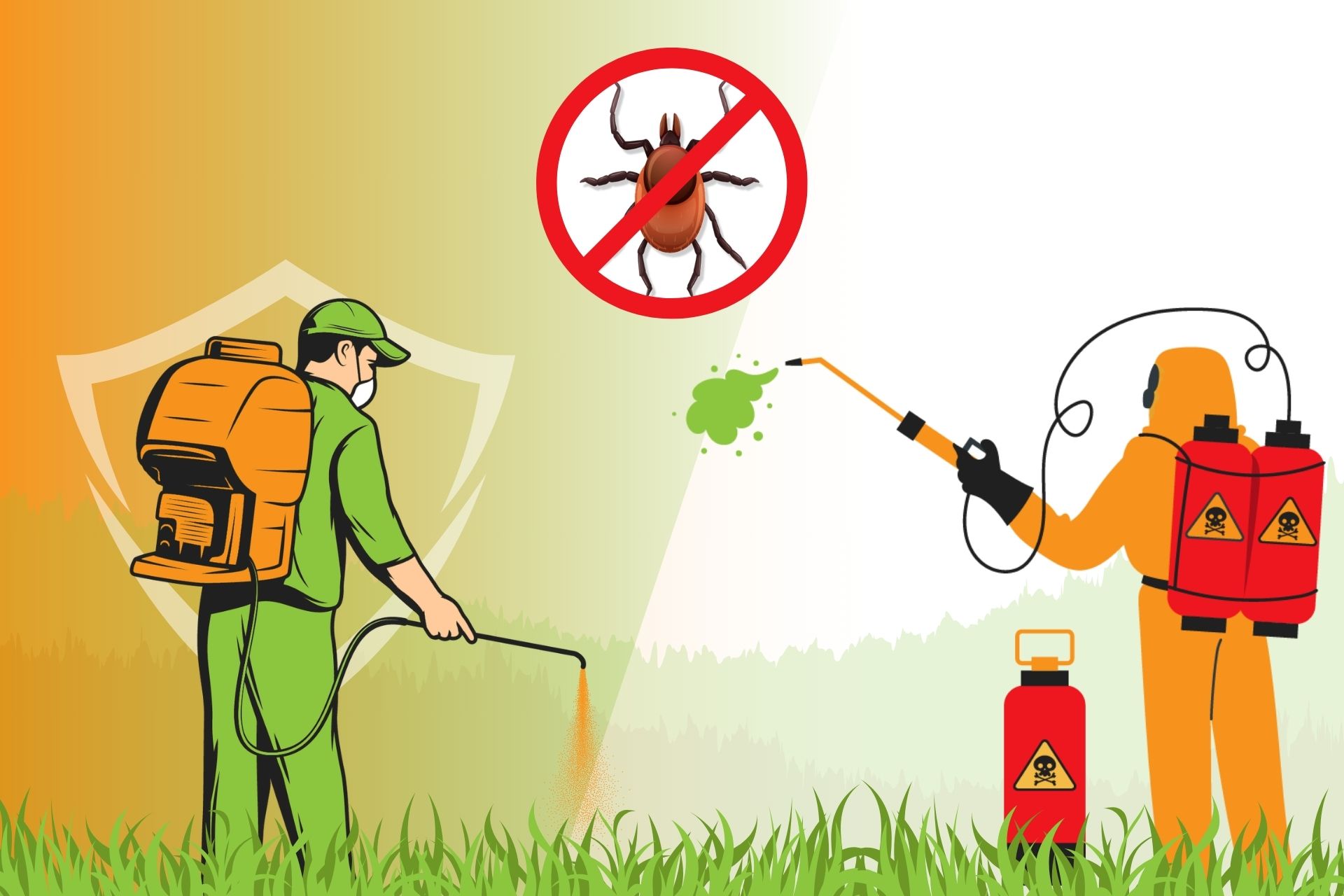
626 Park Road, #5
Cherry Hill, NJ 08034
130 Hickman Road, Ste 11
Claymont, DE 19703
1-833-924-7378
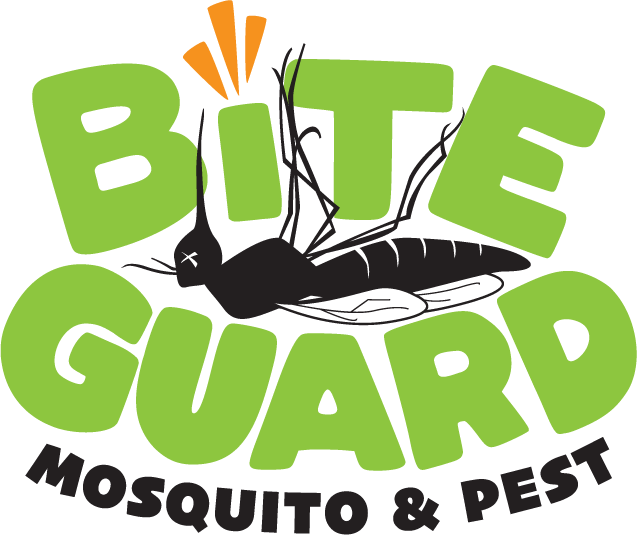
626 Park Road, #5
Cherry Hill, NJ 08034
130 Hickman Road, Ste 11
Claymont, DE 19703
1-833-9-BGPEST
1-833-924-7378
All Rights Reserved | Bite Guard Mosquito & Pest
